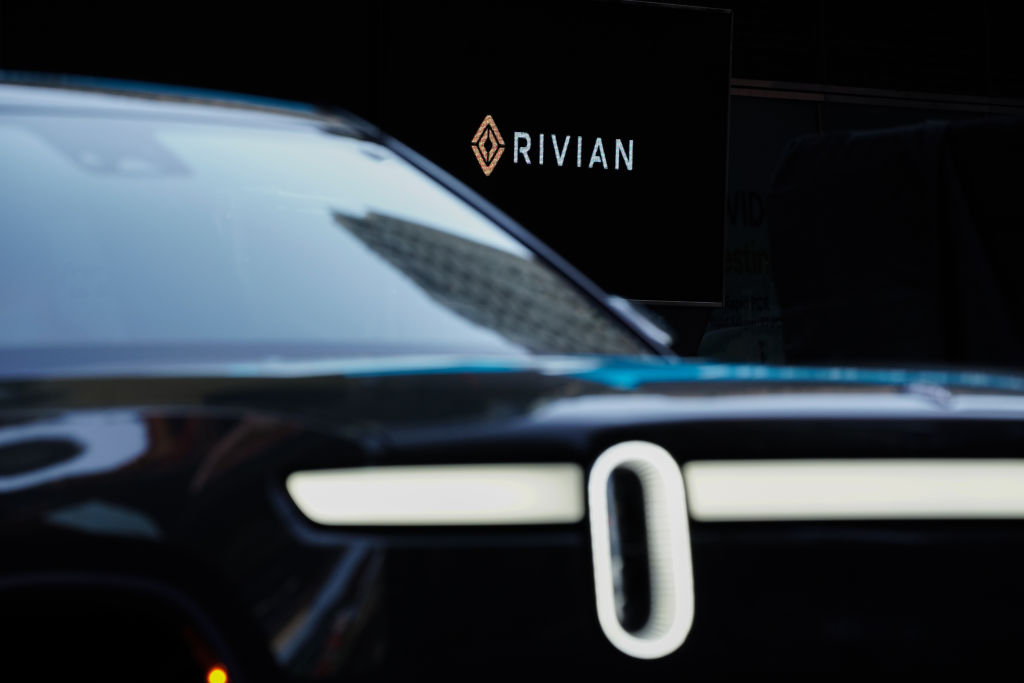
In its first earnings report since the company’s blockbuster $13.7B IPO in November, electric vehicle maker Rivian announced its plans to build a second EV factory, this time in Georgia. (Rivian’s only current factory is in Normal, Ill.) The Irvine, Ca.-based company delivered compelling numbers, but admitted the challenges of scaling up production rapidly. “We’re confident that, alongside Illinois, Georgia is the place for Rivian to continue to scale and thrive,” said Rivian Chief People Officer Helen Russell.
In November, Rivian CEO R.J. Scaringe said he’s aiming to build at least one million vehicles by decade’s end. Rivian might be off the mark at the moment, but it could catch up if its plans come to fruition. Its first shipment of R1T electric trucks earned the company a cool $1 million, though it was offset by the net third quarter loss of $1.23 billion thanks to high R&D costs and its scaling of various facilities to accommodate the company’s predicted popularity. Ultimately it delivered 386 R1T and R1S vehicles this year. As for its electric delivery vehicle (EDV), it has already secured 100,000 orders from Amazon alone. Still, supply chain issues have affected the nascent car company.
Rivian might have a refined trio of electric vehicles to show off, but the company is still in its infancy when it comes to actually making them. The company only got its first mass produced Rivian R1 off the factory line in September. And while the announcement of a second factory in Atlanta, Ga., is good news for one of the approximately 71,000 customers who preordered Rivian cars, production there won’t begin until 2024. The factory is expected to produce 400,000 vehicles annually.
Fortunately, manufacturing speeds are expected to pick up. The company announced today it would be boosting production in its existing Normal, Ill., factory from 150,000 to 200,000 vehicles per year, giving it a fighting chance against other all-electric EV companies like Tesla, which already has a dozen factories globally. “Launching three vehicles across two platforms during our first year of production requires the simultaneous ramp of our supply chain, hiring and training of a production workforce, equipment bring-up, and rapid iteration through production quality loops,” read a company shareholder letter.
So what does the earnings report mean in the short-term? For one, Rivian is still heavily investing in itself, and on the back foot compared to the rapidly expanding EV market. But its planned expansion, big name partners like Amazon and Ford, and sheer popularity among EV buyers all add up to a new automotive company that could breed more competition and enticing electric cars for customers not into the current market’s limited lineup.
More Must-Reads from TIME
- How Donald Trump Won
- The Best Inventions of 2024
- Why Sleep Is the Key to Living Longer
- Robert Zemeckis Just Wants to Move You
- How to Break 8 Toxic Communication Habits
- Nicola Coughlan Bet on Herself—And Won
- Why Vinegar Is So Good for You
- Meet TIME's Newest Class of Next Generation Leaders
Write to Patrick Lucas Austin at patrick.austin@time.com